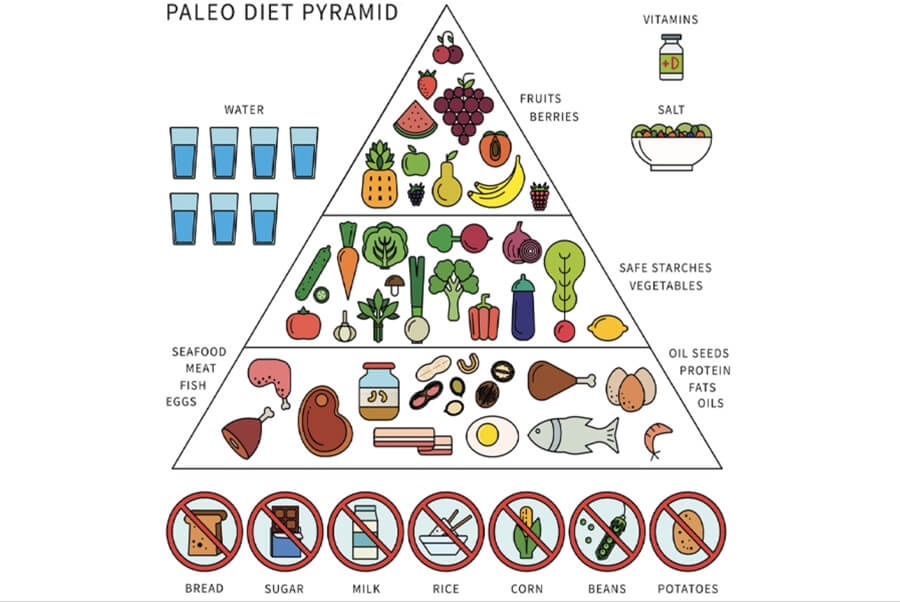Insight Hub
Stay updated with the latest trends and insights.
Dieting Dilemmas: The Food You Crave vs. The Body You Want
Struggling with cravings and weight loss? Discover the tricks to balance the food you love and the body you desire!
Understanding Cravings: Why Our Bodies Desire Certain Foods
Understanding cravings is essential for anyone looking to manage their diet effectively. Our bodies have intricate systems in place that signal when we need energy or specific nutrients. For instance, cravings can be a response to various factors such as hormonal changes, nutritional deficiencies, or even emotional states. When we crave something sweet, it may be our body signaling a need for quick energy, while a desire for salty snacks could indicate a need for minerals like sodium. According to a study from the National Institutes of Health, understanding these signals can help us make better food choices and recognize when true hunger hits.
Moreover, the psychological aspect of food cravings plays a significant role in our dietary decisions. Often, these cravings are tied to memories or emotional states, leading us to seek comfort foods that evoke nostalgia or happiness. For example, a study published in Frontiers in Psychology discusses how associations with certain foods can trigger intense cravings, affecting our overall consumption patterns. To combat unhealthy cravings, awareness and mindfulness practices can be useful tools, allowing individuals to differentiate between physical hunger and emotional urges.

Balancing Act: How to Satisfy Cravings Without Sabotaging Your Diet
Cravings can often feel like an unwelcome guest on your weight loss journey, but learning how to satisfy them can help you stay on track without feeling deprived. One effective strategy is to incorporate healthier alternatives into your diet. For instance, if you're craving something sweet, consider reaching for a piece of fruit or a small serving of dark chocolate instead of sugary snacks. Healthline suggests that satisfying your cravings with nutritious options can help reduce the likelihood of binge eating later on.
Another essential aspect of managing cravings is practicing mindful eating. This involves slowing down and savoring each bite, which can make you feel more satisfied with smaller portions. According to Mayo Clinic, being present during meals can help people re-establish a healthier relationship with food. Additionally, staying hydrated and getting enough sleep can significantly impact how cravings manifest, making it easier to enjoy your favorite treats without derailing your diet.
The Psychology of Dieting: Can You Truly Have the Best of Both Worlds?
The psychology of dieting is a complex field that delves into our relationship with food, body image, and self-control. Many people embark on diet plans with the hope of achieving their desired weight and health goals. However, the reality often reveals that strict dieting can lead to feelings of deprivation and even rebound weight gain. According to Psychology Today, understanding your emotional triggers and behavioral patterns is crucial in navigating this journey. The question remains: can you truly have the best of both worlds by incorporating a balanced approach?
To effectively balance dieting with enjoying food, a more mindful approach is essential. This means embracing moderation rather than restriction. Strategies such as intuitive eating, which encourages listening to your body's hunger cues, can help create a healthier relationship with food. A study featured in the National Institutes of Health showcases the benefits of intuitive eating in achieving long-term weight loss and improved mental health. Ultimately, it's about finding a sustainable method that allows you to indulge without guilt while still pursuing your weight goals.